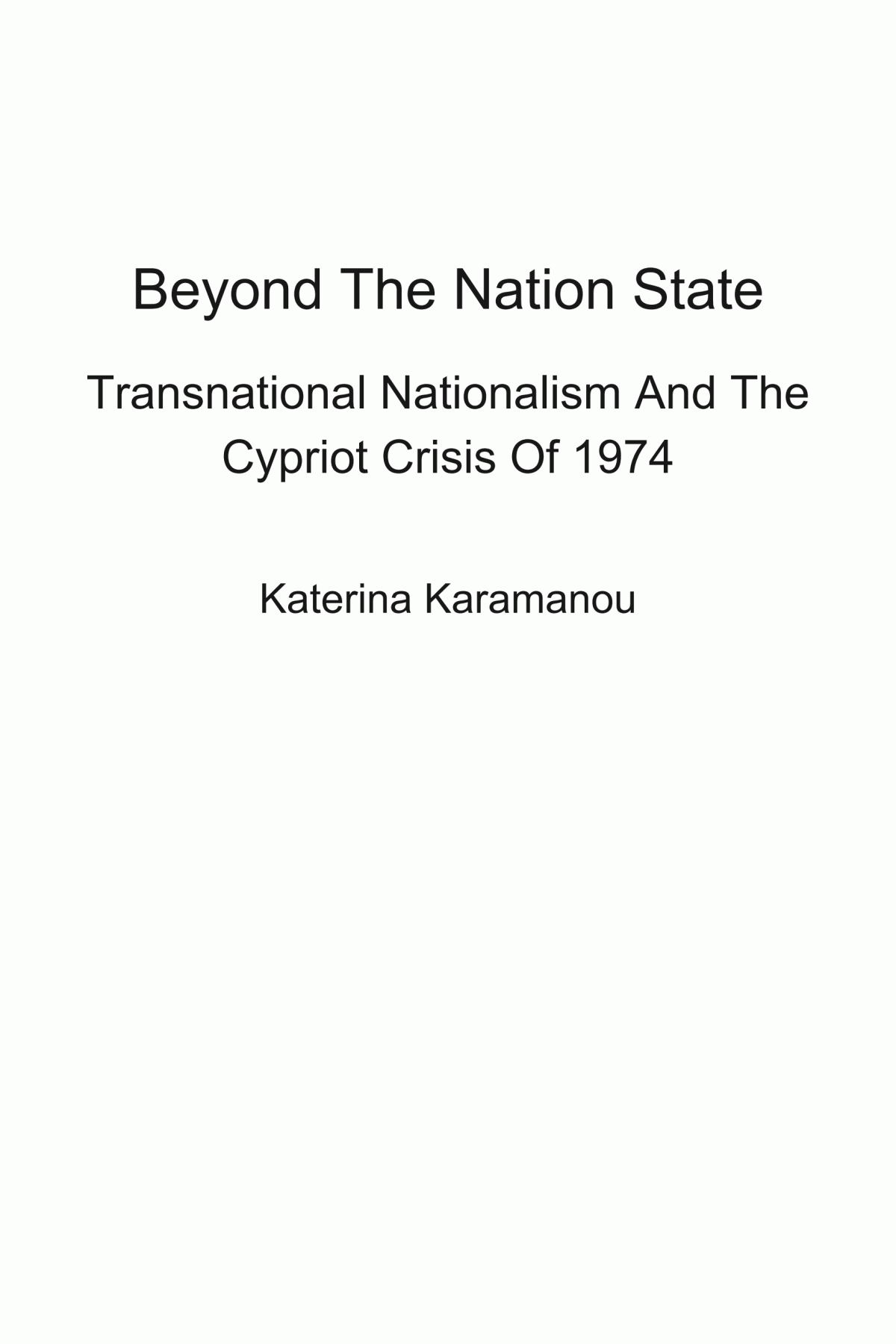

Most ebook files are in PDF format, so you can easily read them using various software such as Foxit Reader or directly on the Google Chrome browser.
Some ebook files are released by publishers in other formats such as .awz, .mobi, .epub, .fb2, etc. You may need to install specific software to read these formats on mobile/PC, such as Calibre.
Please read the tutorial at this link: https://ebookbell.com/faq
We offer FREE conversion to the popular formats you request; however, this may take some time. Therefore, right after payment, please email us, and we will try to provide the service as quickly as possible.
For some exceptional file formats or broken links (if any), please refrain from opening any disputes. Instead, email us first, and we will try to assist within a maximum of 6 hours.
EbookBell Team

0.0
0 reviewsCyprus gained independence in 1960 without a strong national identity. Citizens considered themselves Greeks or Turks, not Cypriots. As a result, the country was susceptible to external, as well as internal attacks. Ethnic pride, reinforced by proximity to both countries, inflamed the majority of the population, and was encouraged by the historic rivalry between the two homelands. This is the political salient cleavage, further emphasized by the 1960 constitution, which fortified the stronghold on each ethnic homeland by guaranteeing to maintain both Turkish and Greek customs. When I commenced this journey, international relations and comparative theories were the primary way of interpreting Cyprus's internal friction. While examining the national state as an institution, I realized their limitations, specifically while scrutinizing the 1974 Cypriot Crisis. I applied a culturally oriented comparative perspective along with game-theoretic international models in order to gain a thorough understanding and find the root cause of Cyprus's turmoil. During this process, I discovered a mechanism I now call transnational nationalism. A methodical analysis of the Cypriot Crisis of 1974 gives further insight into cultural politics, which has continued to play a powerful role in nations, such as the lands of Northern Ireland, Lebanon, Palestine, and Bosnia-Herzegovina. These nations all share a common characteristic: foreign and domestic forces attempting to achieve transnational nationalism as each group strives to maintain its national identity, leading to further division.